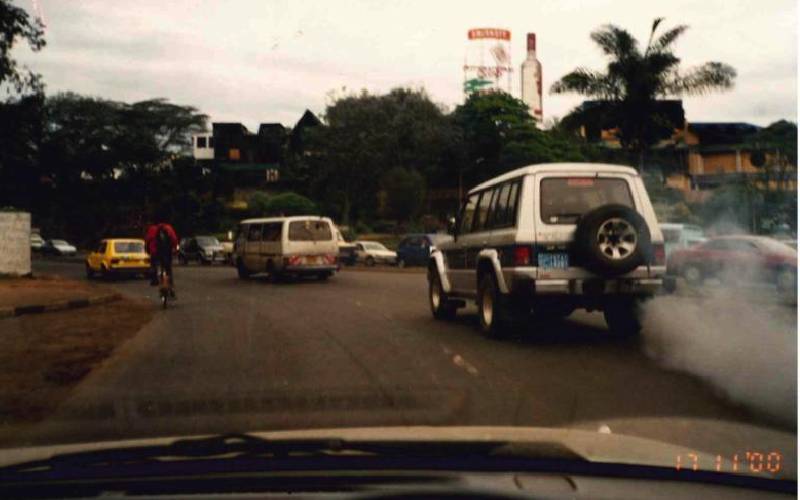×
The Standard e-Paper
Smart Minds Choose Us

Scientists are now raising concerns that air pollution and calm air could aid the spread of Covid-19.
A research in Bergamo Province, Italy, found coronavirus in particles of polluted air in preliminary work published in April in MedRxiv, a pre-print server for health sciences.